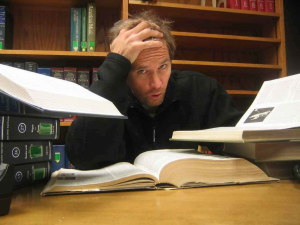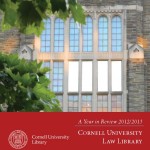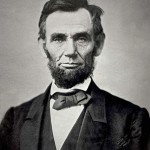The end of one year and the begenning of a new one always seems to bring with it a trove of lists taking stock of the best and worst of the previous year. Never one to miss an opportunity to list things, we thought we’d highlight one of our own featuring the top ten most downloaded papers in the history of the Scholarship@Cornell Law Repository. Some on the list are more recent publications, while one others have been around for a decade or more.
Top Ten Downloads:
African Customary Law, Customs, and Women’s Rights
Muna Ndulo
Basic Indian Legal Literature for Foreign Legal Professionals
Uma Narayan
Overview of Legal Systems in the Asia-Pacific Region: India
Navoneel Dayanand
Overview of Legal Systems in the Asia-Pacific Region: South Korea
Oh Seung Jin
Legal Education in China: English Language Materials
Roderick O’Brien
Legalization of Prostitution in Thailand: A Challenge to Feminism and Societal Conscience
Virada Somswasdi
A Study of Islamic Family Law in Malaysia: A Select Bibliography
Raihana Abdullah
Introduction to the Italian Legal System. The Allocation of Normative Powers: Issues In Law Finding
Marinella Baschiera
Larger Board Size and Decreasing Firm Value in Small Firms
Theodore Eisenberg, Stefan Sundgren, and Martin T. Wells
Legal Treatment of Cohabitation in the United States
Cynthia Grant Bowman
























